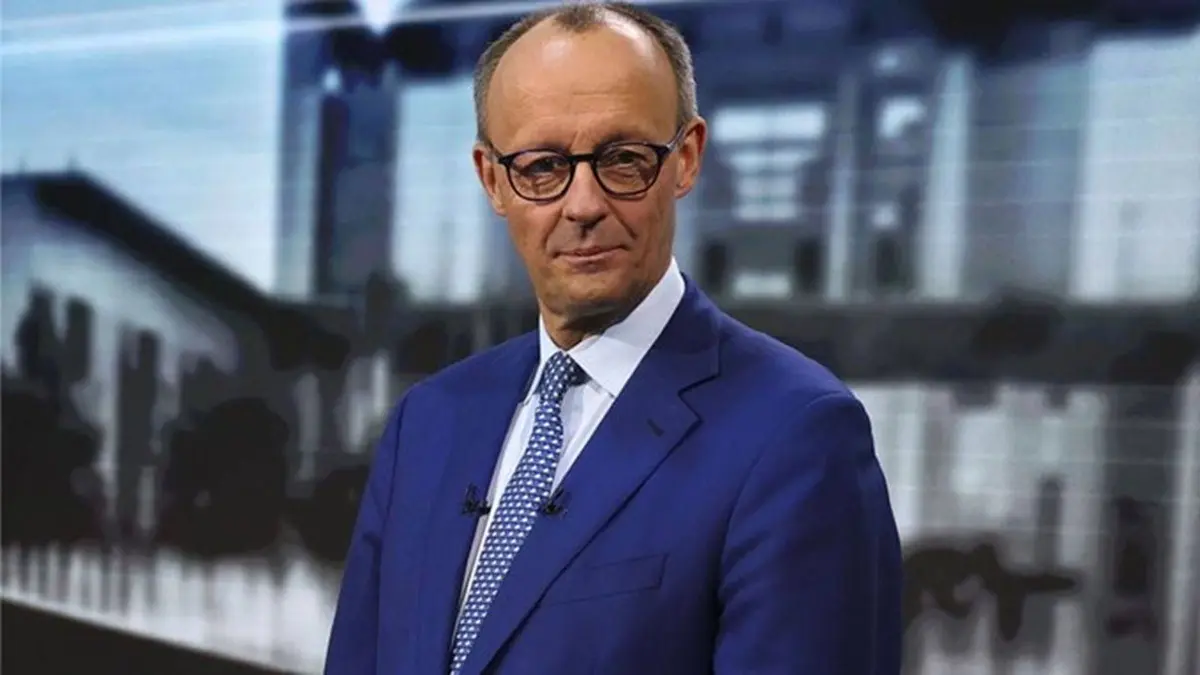Updated 28 May 2025 at 20:04 IST
Germany's Chancellor Friedrich Merz Shuts Door on Nord Stream 2's Revival
In September 2022, massive underwater explosions — widely considered an act of sabotage — damaged the pipeline, rendering one of its two pipes unusable.
- World News
- 2 min read

German Chancellor Friedrich Merz announced on Wednesday that his government will take every possible step to ensure that the Nord Stream 2 pipeline never becomes operational. Speaking alongside Ukrainian President Volodymyr Zelenskyy at a press conference in Berlin, Merz reaffirmed Germany's tough stance against Russia’s energy influence in Europe.
“We will continue to increase the pressure on Russia,” Merz said. “We will do everything in this context to ensure that Nord Stream 2 cannot be put back into operation.”
Damaged Pipeline, Long-Standing Controversy
The Nord Stream 2 pipeline, designed to transport natural gas from Russia to Germany via the Baltic Sea, was never launched. In September 2022, massive underwater explosions — widely considered an act of sabotage — damaged the pipeline, rendering one of its two pipes unusable. The blasts also destroyed both lines of the Nord Stream 1 pipeline, which had previously carried low-cost Russian gas to Germany for years.
The pipelines have long been the subject of political tension, with critics warning they left Europe dangerously dependent on Russian fossil fuels. The 2022 attacks put the future of both projects in question.
Advertisement
Reports of Revival Talks Spark Concern
Recent media reports in Germany and the UK suggested that both Washington and Moscow had quietly floated the idea of reviving Nord Stream 2 during discussions around ending the war in Ukraine. While no official agreement was made, the reports sparked alarm among European leaders.
Within Germany, some senior figures from Merz’s own party had hinted at a possible return to Russian gas imports through Nord Stream. However, the chancellor’s statement on Wednesday appeared to shut the door on any such possibility.
Advertisement
EU Aims to Clamp Down Further
The European Union has also moved to prevent the pipelines from being revived. Earlier this month, European Commission President Ursula von der Leyen announced plans for a new sanctions package targeting both Nord Stream 1 and 2.
EU spokesperson Paula Pinho clarified the purpose of the measures: “The idea is to dissuade any interest, and notably interest from investors, in pursuing any activity on Nord Stream, also in the future.”
A Signal of Long-Term Policy Shift
Chancellor Merz’s remarks underscore Germany’s broader shift away from Russian energy dependency and reflect growing political alignment with Ukraine’s interests. As the war continues, Berlin’s focus appears to be not just on sanctions but on eliminating infrastructure that could draw Europe back toward reliance on Moscow.
Published By : Sagar Kar
Published On: 28 May 2025 at 20:04 IST
